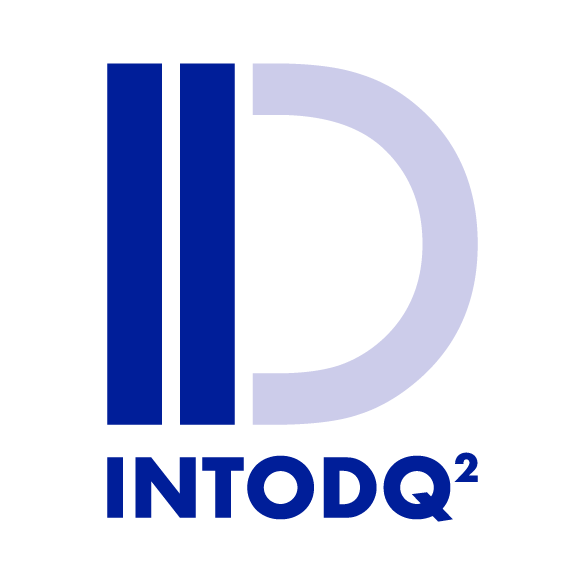Data governance and metadata management
5 key drivers
Interoperable solution
Data catalog
Data governance
Data quality
Collaboration of all users
Drag-and-drop workflow
Automated alerts/nofications
Crowdsourcing
Connect anywhere
Metadata automated, harvesting engine
Connectors & SDK
Open API architecture
Link to business impact
Business goals/objectives
Business process mapping
Analytics governance
Fast time-to-value
Automated data discovery
Semantic analysis
Data classification
Open flexible metamodel
Metric driven
Governance readiness
Data quality metric results
Discovery confidence scoring
Data value metrics
Our smart solutions can help you get control.
Cost effective and quick.
Data360 Govern
This is the data catalog, the metadata content management system and the foundation for operationalising data governance. Comprehensive, yet easy to implement and very flexible.
Data360Analyze
Automated metadata harvesting for Data360 Govern.
Data discovery and profiling
Self-service data preparation
Visual data flow designer
Advanced analytics integration
Connector framework and SDK for integration





